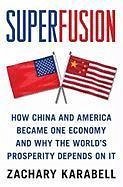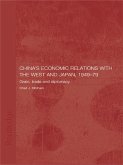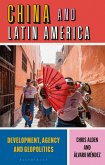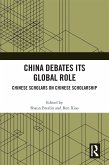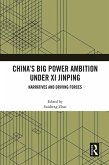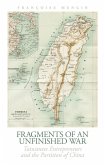Karabell traces the twenty-year history that began with the suppression of the protests in Tiananmen Square in 1989. The Chinese leadership adopted a policy of aggressive economic reform and courted U.S. companies and expertise. Karabell charts how integral those companies -- including Federal Express, Kentucky Fried Chicken, Avon, and Wal-Mart -- have been to China's success and how integral China has been to their growth. Though accelerated by the admission of China to the World Trade Organization in 2001, the economies began to fuse without attracting much notice. Preoccupied with the threat of terrorism and wars in Iraq and Afghanistan, the United States soon found itself deeply in debt to China while also reaping the rewards of China's growth.
Now both countries find themselves in an unfamiliar and challenging position. After years of seeking closer integration with the United States, China has begun to question the wisdom of that embrace. The United States, buoyed by China's loans, faces a level of dependency that has generated considerable anxiety. The intertwinement has enhanced the global economy but undermined the sovereignty that governments so crave.
Yet, as Karabell argues, the fusion has advanced too far for either to extricate itself without severe harm. The challenge for the United States is to embrace this new world even with some loss of relative power in order to ensure its prosperity in the future; the challenge for China is to recognize that it is now a major player on the world stage with all the risks and responsibilities that entails. We need them and they need us, but the jury is still out on whether either can fully accept that new paradigm.
In a book rich in individual stories, Karabell, informed by his considerable experience, not only provides the first comprehensive account of how these two countries became one economy but also makes a compelling case for why its continuation in the future is a vital element of a stable, prosperous world.
Dieser Download kann aus rechtlichen Gründen nur mit Rechnungsadresse in A, B, BG, CZ, D, DK, EW, E, FIN, F, GR, HR, H, I, LT, L, LR, NL, PL, P, R, S, SLO, SK ausgeliefert werden.

